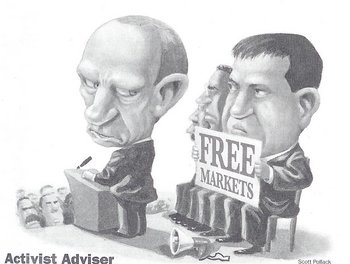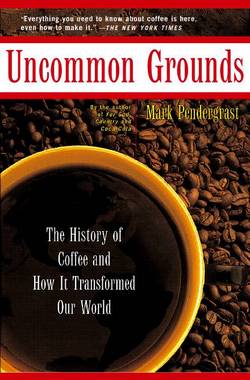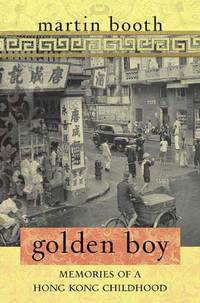“People here have tried everything you can think of to get the problem solved before this happened,” said a resident who gave his name as Chen. “They talked to the village committee, the township and municipal governments. One of them even went to Beijing. But nothing is done – the village officials just simply ignore them.”
Mr. Chen described the peak of the protests, on Saturday night, when the deaths occurred. “It was like a war, so real and so brutal,” he said. “I did not see who started it, but I saw policemen were beating the villagers and the villagers were fighting back with stones and firecrackers.”
Since then, villagers said, many residents are being forced to report each morning to the police, who detain them until late in the evening, when they are allowed to return home until the next morning.
As with so many recent rural protests, Panlong’s problems began with land. Many villagers told stories of having been deceived by corrupt local officials who they said had enriched themselves by selling off rights to the villagers’ farmland.
“Two years back, one day some villagers were asked to attend a routine meeting,” said a 42-year-old farmer who gave his name as Fang. “They went and they paid 10 yuan for participation fees, and they signed in as usual. Later, when we discovered our land was being sold, we asked the village committee to explain what’s going on, and they answered that we had signed the contract. Suddenly we remembered that meeting, and everyone understood that we had already been cheated.”
For the full story, see:
FRENCH, HOWARD W. “Panlong Journal: Visit to Chinese Anytown Shows a Dark Side of Progress.” The New York Times (Thurs., January 19, 2006): A4.




